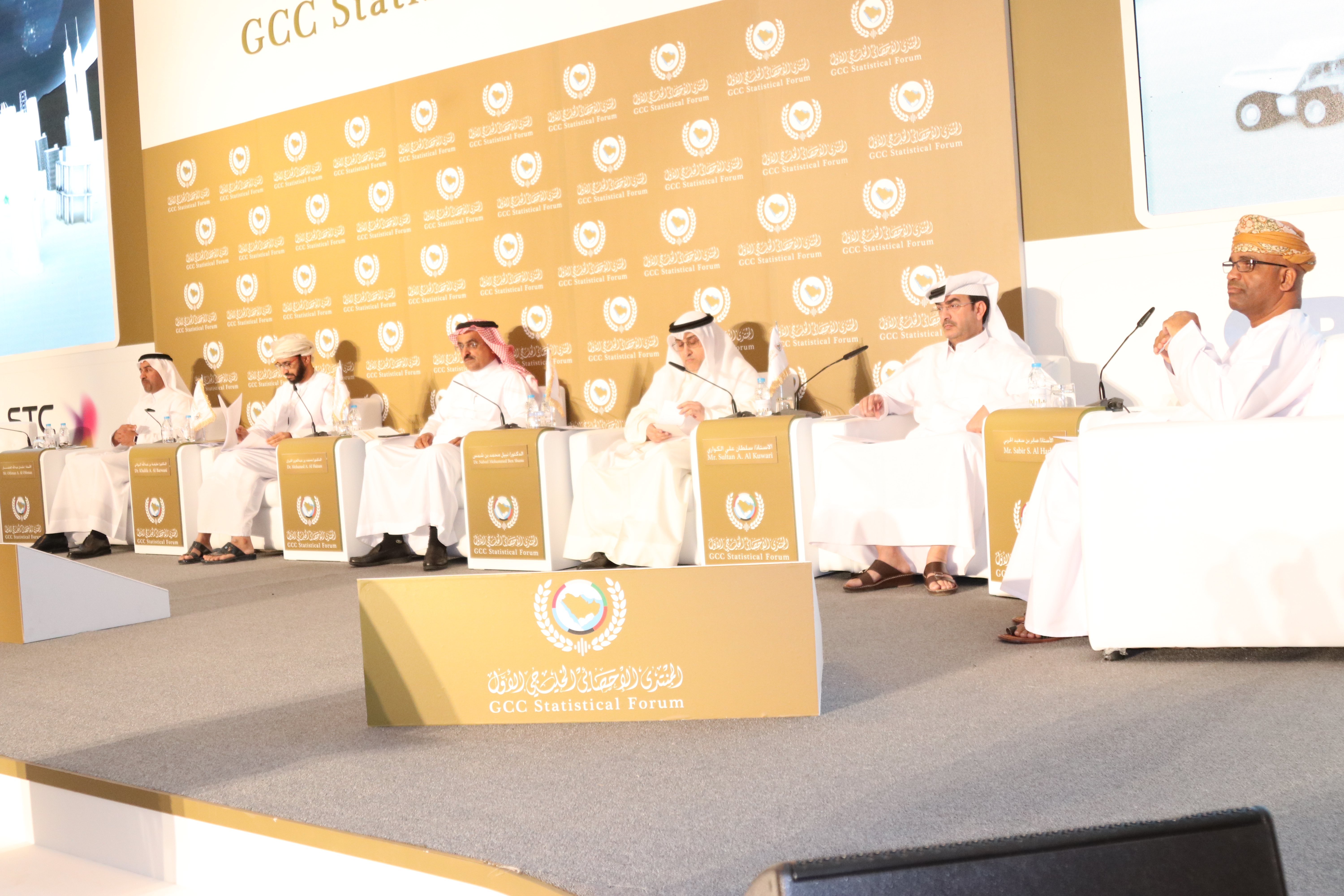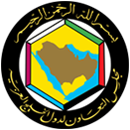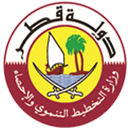
Riyadh Announces 14 Recommendations at the Conclusion of the First GCC Statistical Forum
The First GCC Statistical Forum held in Riyadh concluded by announcing 14 recommendations, co-drafted by decision and policy makers, academia, private sector, in addition to the leaders of the statistical data and information authorities, systems and centers in the GCC countries and international and regional organizations. The participants in the Forum, organized by the General Authority for Statistics in Saudi Arabia and the GCC Statistical Center, stressed the importance, moving forward, of strengthening and increasing the effectiveness of the ongoing efforts in the various related fields, based on three strategic pillars (Partnerships, Development and Harmonization, and Resources).
The participants also agreed on the importance of holding the Forum on a regular basis ever two years, to monitor progress and achievements in the areas of joint work and collaboration, and discuss the latest developments in the demand for and the production and dissemination of official statistics. The next forum will take place, in Muscat, in March 2019.
This announcement came along with the Forum participants’ acknowledgment of the extra burden put on the national statistical authorities, centers and systems by the ever increasing and evolving demand for better quality statistics.
The recommendations on the Partnerships Pillar stressed the need to (i) Strengthen the cooperation and dialogue mechanisms between statistics users and producers at the national level, so that the needs of users are met and the priorities are set in a better way; (ii) Enhance coordination and cooperation between producers of statistics in countries, to share knowledge and best practice, avoid duplication of efforts, and increase the quality of official statistics; (iii) Improve coordination and cooperation at the regional and international levels, to keep pace with and ensure contribution to and benefit from relevant developments, and to exchange expertise and experiences; (iv) Explore the potential of public private partnerships in statistics, to increase the frequency of data and develop new data sources; and (v) Foster collaboration and partnerships with the academic community in the GCC region, to serve a wide array of objectives including improving statistical literacy, adding value to statistical production, increasing the correct use of data, and strengthening training and capacity development.
In terms of the Development and Harmonization Pillar, the participants recommended to (i) Improve the quality and comparability of official statistics, to meet the needs of users; (ii) Incorporate contemporary international statistical standards and classifications; (iii) Enhance the use of administrative registers to produce official statistics; (iv) Take full advantage of modern statistical tools and technologies; and (v) Promote the correct use of statistics and statistical awareness and culture in society.
Finally, regarding the Sources Pillar, the participants’ recommendations included to (i) Operate statistical agencies in an efficient, cost-effective and results-based manner; (ii) Attract and keep qualified GCC nationals in the statistical work; (iii) Increase the effectiveness and coverage of capacity development programs; and (iv) Explore alternative sources of funding and cost sharing outside the framework of official statistics including with the private sector.
















